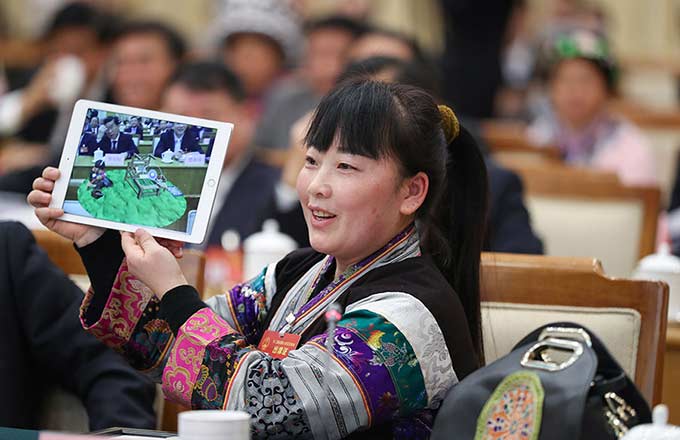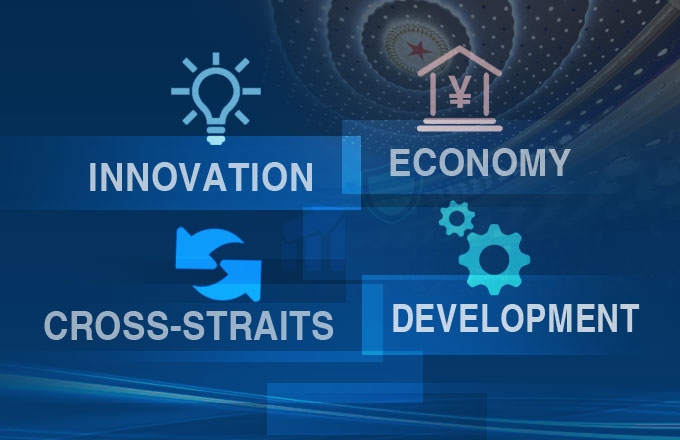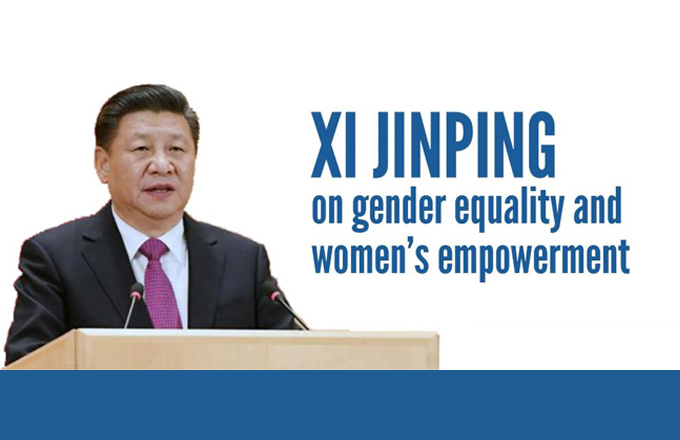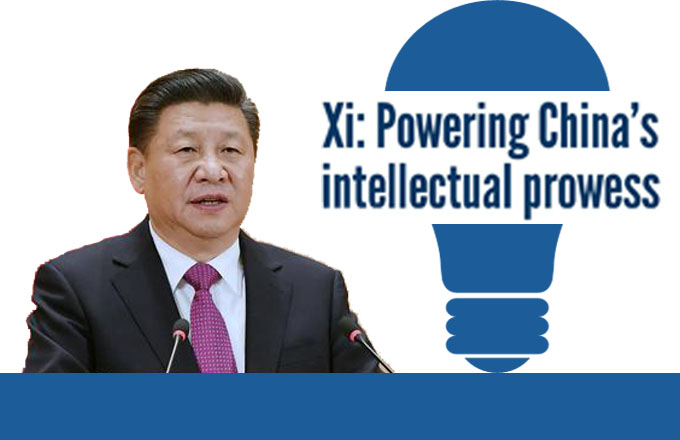Anti-terror fight remains focused on East Turkestan group
The fight against the East Turkestan Islamic Movement still tops China's anti-terror agenda as the country is in a critical phase of development, said Cheng Guoping, State commissioner for counterterrorism and security matters.
Cheng, a former vice-foreign minister, said the ETIM has been seeking "Xinjiang independence" and attempting to create splits among the country's ethnic groups.
"It is the most prominent challenge to China's social stability, economic development and national security," he said.
The ETIM, listed as a terrorist organization by the United Nations Security Council in 2002, has been responsible for a number of terrorist attacks in China.
As progress has been seen in the anti-terrorist fight in Syria and Iraq, international terrorism is "entering a new phase", and extremist and terrorist groups are "tweaking their strategies for terrorist activities", Cheng warned.
An increasing number of terrorists are penetrating and gathering momentum in Southeast Asia, Central Asia and South Asia, and "the security situation in Afghanistan is particularly alarming", Cheng said.
"We should closely check on whether Afghanistan is becoming another paradise for extremist and terrorist groups. Such a major development may pose a serious challenge to the security of our northwestern border," Cheng said.
In addition to cracking down on terrorism within its borders, China has built high-level anti-terror cooperation mechanisms with neighboring countries and major Western countries, including the United States, according to Cheng.
The anti-terror mechanisms that China has established with its neighbors have connected ministries in charge of foreign affairs and public security as well as defense authorities, Cheng said.
Also, China has built consultative mechanisms for information exchanges and anti-terror cooperation with major Western countries such as the US, France and Britain.
Recently, observers have raised concerns over security risks along the routes of the Belt and Road Initiative, which is led by China and supported by more than 100 countries and organizations.
Cheng said the initiative is of great strategic significance for boosting China's economic development and international economic cooperation, and it is a display of China's diplomatic philosophy that endorses peaceful development and mutual benefits.
"It is an important task and a demanding challenge for China and other countries concerned to offer security assurance to the economic projects along the Belt and Road routes in the context of the greatly complicated international situation", he said.
China has two State commissioners for counterterrorism and security matters-Cheng and Zhang Xinfeng, former vice-minister of public security.
President Xi Jinping has long attached great importance to international anti-terror cooperation, and the Chinese government decided to introduce the commissioner posts as a key measure for improving the terror fight and global cooperation, according to Cheng.
Such commissioners focus on anti-terrorism diplomacy and can play a special role in "boosting the integrated use of resources and strengthening coordination among (domestic) departments, particularly the cooperation between the central government and local ones", Cheng said.


















